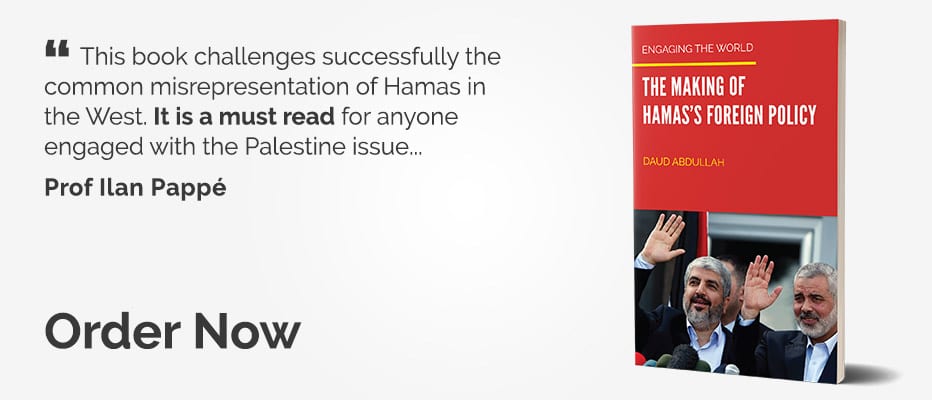The International Committee of the Red Cross has said that there are about 16 million refugees in the Arab world due to ongoing conflicts, the most recent of which is the fighting in Sudan. Regional spokeswoman for the ICRC, Imene Trabelsi, told Anadolu that the largest file in the area covers Syrian refugees, whose number exceeds five million, most of them in neighbouring Turkey, Lebanon, Jordan and Iraq.
"Refugees in nearby countries, especially Lebanon and Jordan, live in additional fragility, because those countries are suffering from economic crises and internal difficulties, which makes their situation in these countries more difficult," explained Trabelsi. "On World Refugee Day, 20 June, it must be noted that one of the great challenges is the wave of internal displacement in the Arab world, which is witnessing armed conflicts. In Syria alone, the number of [internally] displaced persons exceeds six million; inside Yemen, the number is more than five million."
These IDPs, said Trabelsi, face real suffering in areas of conflict, live in fragile conditions and are unable to access the most basic services such as adequate housing, health services and clean water. "The ICRC is not present on the Turkish border on the Syrian side, where there are Syrian refugees, because Turkiye is not a conflict zone, and the Turkish Red Crescent is carrying out its duty with the refugees there."
Referring to Sudan, Trabelsi pointed out that the fighting between the army and the Rapid Support Forces for more than nine weeks is having an impact on the population. "This leads to very large waves of internal displacement and migration to neighbouring countries, which are already experiencing conflicts and suffering themselves."
The International Organisation for Migration announced last Wednesday that there are 2.2m people forcibly displaced within and outside Sudan. This figure increased the total number of refugees and displaced persons in the world to about 110 million in May, an unprecedented figure.
READ: The options for Turkiye's strategy towards the Syrian refugee crisis
"However, the numbers of refugees and displaced persons in Sudan are still not accurate, but they are large and are likely to increase during the coming periods," said Trabelsi. "Moreover, we are noticing an increase in the number of missing persons who have been reported by their families."
As a result of displacement and migration, families usually lose contact with each other. "The ICRC is then told that they are missing, and the crisis is likely to leave a very large missing persons file that will continue for years after the end of the conflict."
People are missing, the committee spokesperson explained, in part due to displacement and migration, but also because many have died without their families knowing. "It is difficult to recover and identify the bodies, and some of them are being held by the parties to the conflict."
The fighting in Sudan has killed more than 3,000 people and injured more than 6,000 others, said the Ministry of Health in Khartoum on Saturday.
World Refugee Day is intended to raise awareness about refugees and displaced persons around the world and highlight the challenges they face. Trabelsi expressed "regret" for the continued conflicts in the Arab world. "Political solutions are the main door or the basic step to resolving these conflicts, and thus resolving the file of the displaced and refugees. The coming period is likely to be very difficult for all humanitarian actors, including the International Committee of the Red Cross, given the continued funding crises."
A shortage of adequate funding, she concluded, affects the most vulnerable refugees. "Those affected by the existing conflicts will receive the lowest percentage of the necessary and basic services. They do not receive the necessary support due to the limited ability of humanitarian actors to provide relief and the enormity of their [the refugees'] needs."

![Syrian refugee kids are seen in Kawergosk Refugee Camp as refugees wait for the aid of international organizations in Erbil, Iraq on December 22, 2022. [Ahsan Mohammed Ahmed Ahmed - Anadolu Agency]](https://i0.wp.com/www.middleeastmonitor.com/wp-content/uploads/2022/12/AA-20221225-29835060-29835041-SYRIAN_REFUGEES_IN_ERBIL.jpg?resize=1200%2C800&quality=85&strip=all&zoom=1&ssl=1)

